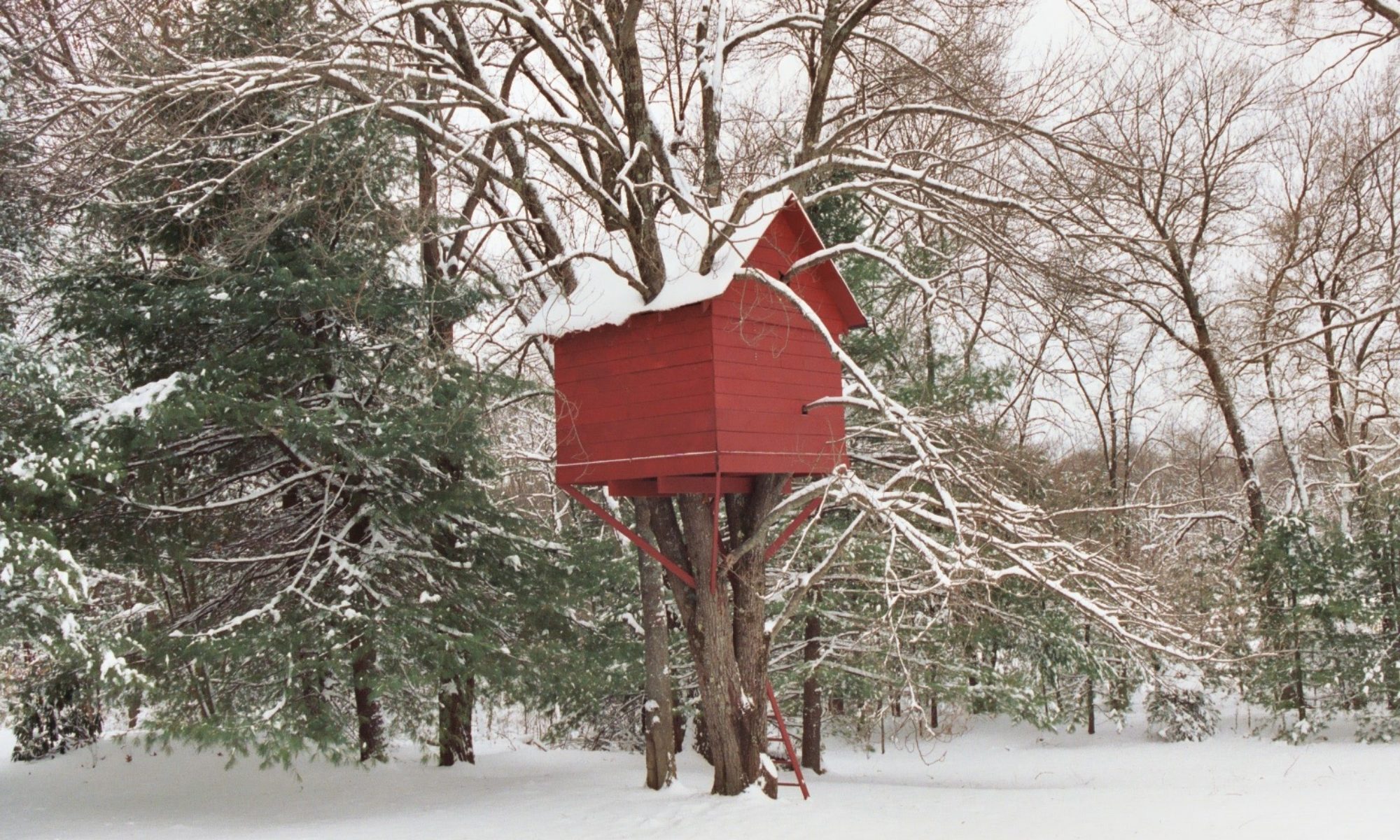The American Academy of Forensic Sciences (AAFS) is a scholarly organization whose flagship publication is the Journal of Forensic Sciences.
By Erik J. Heels
First published 11/24/1997; LegalResearcher.com; publisher: New York Law Publishing Company
One of the best ways to discredit an expert is to challenge his or her expertise. Where did the expert go to school? What degrees are held? Are the organizations to which the expert belongs scholarly, or can anyone who pays a fee join?
The premier association to which expert witnesses belong is the American Academy of Forensic Sciences (http://www.aafs.org/). The American Academy of Forensic Sciences (AAFS) is a scholarly organization whose flagship publication is the Journal of Forensic Sciences. While the AAFS Web site does not contain a member database, you may be able to confirm membership by calling or writing them directly.
When I was in law school, I had the privilege of working for Thomas L. Bohan, Ph.D., JD. Like several AAFS members (http://www.aafs.org/links/INDEX.HTM), he maintains a law practice (http://www.bohanlaw.com/) and a consulting firm whose work includes expert witness testimony. In fact, his consulting firm, Medical and Technical Consultants, has made great strides in the field of computer animation. With a Ph.D. in Physics from the University of Chicago and a JD degree from Franklin Piece Law Center, Dr. Bohan is the kind of expert that every attorney would love to have on his side, and would dread having to oppose.
And these are the kinds of credentials that AAFS members bring to the table. It is helpful to take note of which organizations the AAFS lists on its link page. If an expert belongs to the AAFS or to one of the organizations listed on the AAFS’s Web site, the expert is most likely the real thing. If not, your pretender warning light should be on.

